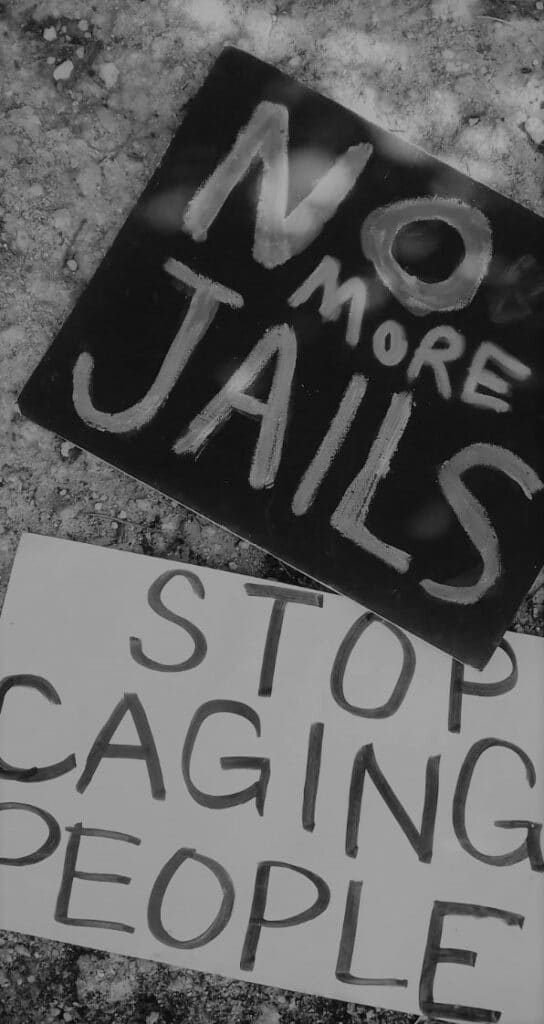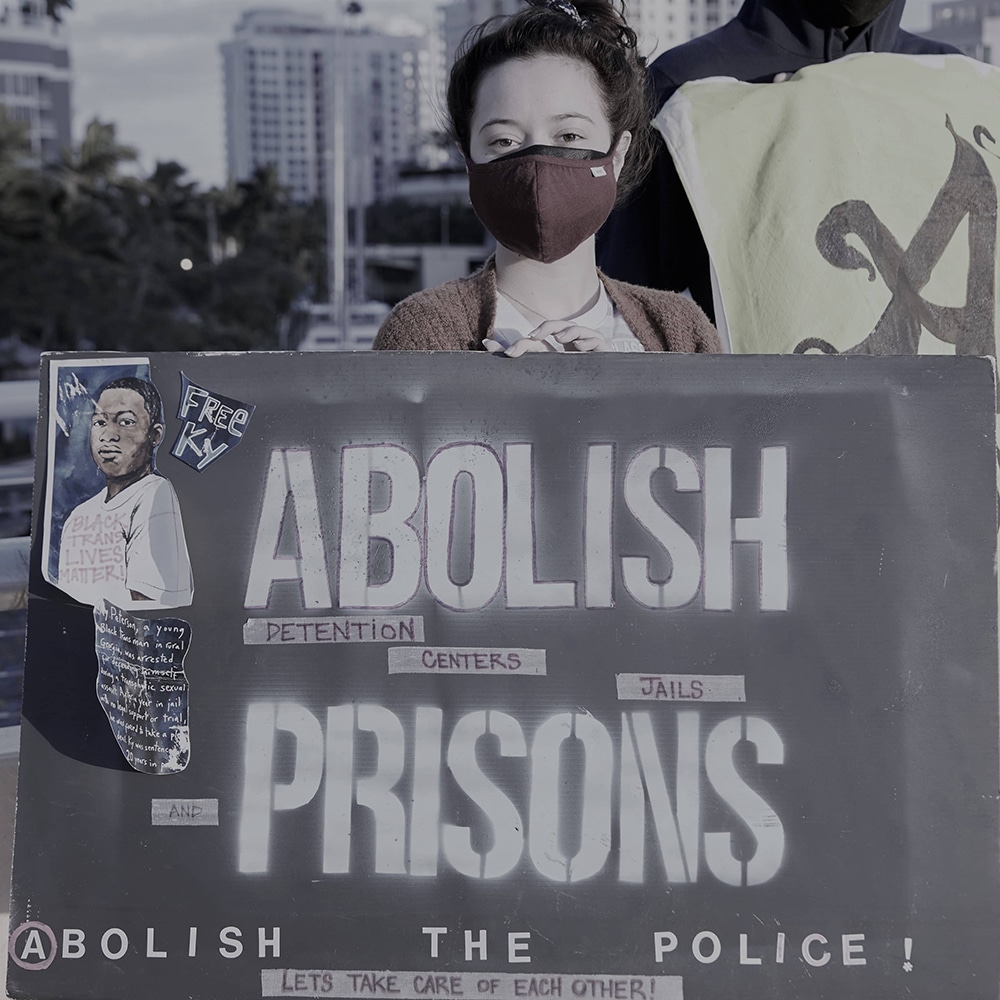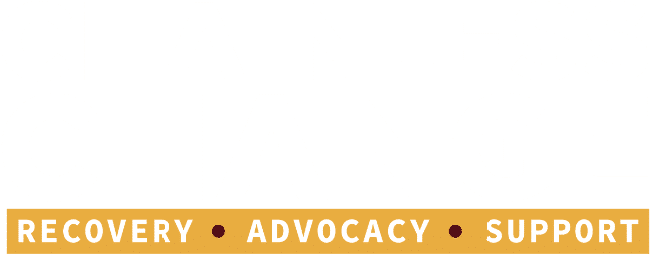What is Abolition?
What is abolition?
Many know and believe there needs to be a deep, structural dismantling of how we handle and even think about what we perceive as crime in our country.
Abolition involves creating a society that exists without imprisonment. It aims to end the practice of using incarceration, community control, surveillance, and exile as a response to things that are criminalized. It seeks to dismantle oppressive systems and institutions like jails, prisons, psychiatric institutions, detention centers, etc. It is an effort to stop overcriminalization of blackness, poverty and behavioral health conditions, and to instead explore alternatives that create space for transformation.
Through abolition we seek to build our communities, as well as their capacity to provide safety and fair responses to crimes. The movement builds leaders who are trusted and able to make decisions about what is best for their communities. It is about creating a network filled with opportunity to access critical resources, success, and sustainability. Abolition builds hope and future in a world where the only response has been isolation and disenfranchisement.


Is Chainless Change anti-government?
At Chainless Change, although our work is strongly rooted in an abolitionist framework, we recognize that discussions regarding abolishing the criminal legal system are uncomfortable for some, and raise serious concerns for others. In doing this work, we are sometimes asked, “does this mean you’re anti-government?”
While we know that the prison industrial complex is a deeply embedded system of oppression that wreaks havoc on our communities, we are not anti-government. In fact, our hope is to collaborate with government entities to build community-based alternatives to policing and incarceration that do not criminalize poverty, addiction, and mental health crises. Communities deserve an opportunity to develop culturally appropriate responses to crime and harm that do not result in a lifetime of second-class citizenship. Locking people away for prolonged or indefinite periods of time and preventing stabilization and recovery upon reentry are counterintuitive to genuine healing and accountability.
